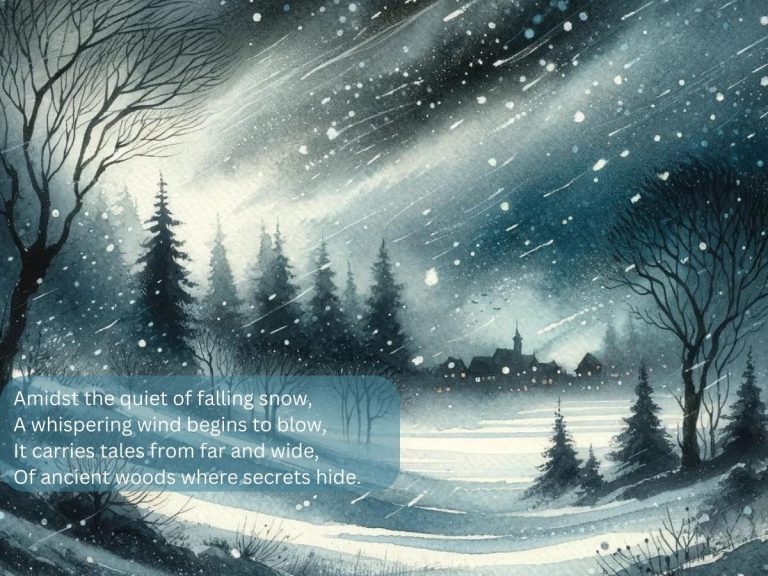February 12, 1963
On a day cloaked in the chill of February's grasp,
A voice was stilled, its echo vast.
1963, the year, the world would come to mourn,
The day Sylvia Plath's legacy was reborn.
Her words, like sharp icicles, hang in the air,
Revealing depths of despair, stark and bare.
A poet's soul, both haunted and free,
Found solace in verses, for the world to see.
February's cold could not contain,
The fire of her words, the depth of her pain.
From the ashes of her passing, a phoenix arose,
A beacon of truth, in poetic prose.
In the heart of winter, a tragic end,
But through her words, she would ascend.
February 12, a date marked by loss,
Yet her legacy endures, her poetry, our cross.

Meaning
“February 12, 1963” is a poetic tribute to the profound impact and tragic end of Sylvia Plath, a figure whose work continues to captivate and resonate. The poem reflects on the paradox of her death as both a profound loss and the catalyst for her enduring legacy. It explores the themes of despair and resilience, illustrating how Plath’s words cut through the cold of February to touch the souls of readers across generations, making her a timeless figure in literature.
Inspirations Behind
Inspired by the stark beauty of February and the poignant legacy of Sylvia Plath, this poem seeks to capture the essence of the day she passed away, intertwining it with the themes of her work. Plath’s ability to convey the depths of human emotion and experience, even in the face of personal turmoil, serves as a beacon for those who find solace and understanding in her words. This poem is a reflection on the lasting impact of Plath’s life and work, a tribute to her strength and vulnerability, and an acknowledgment of her place in the pantheon of literary greats.






